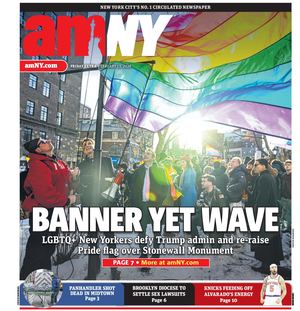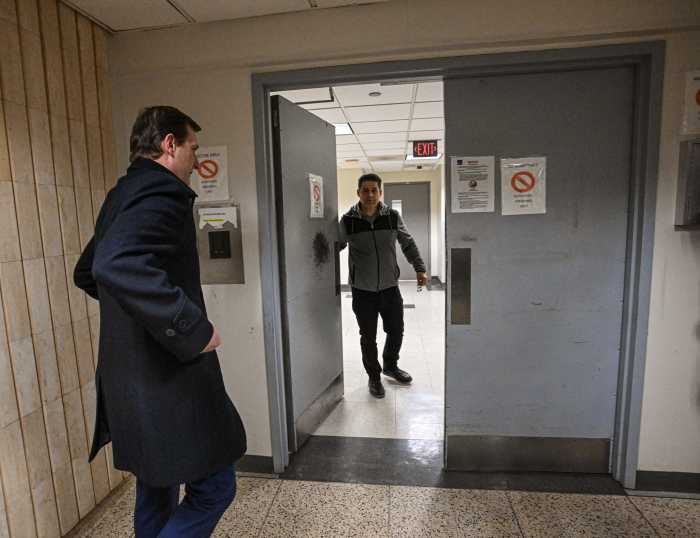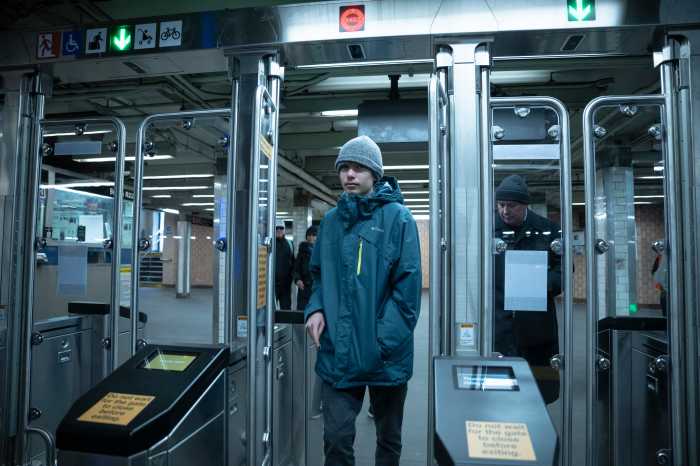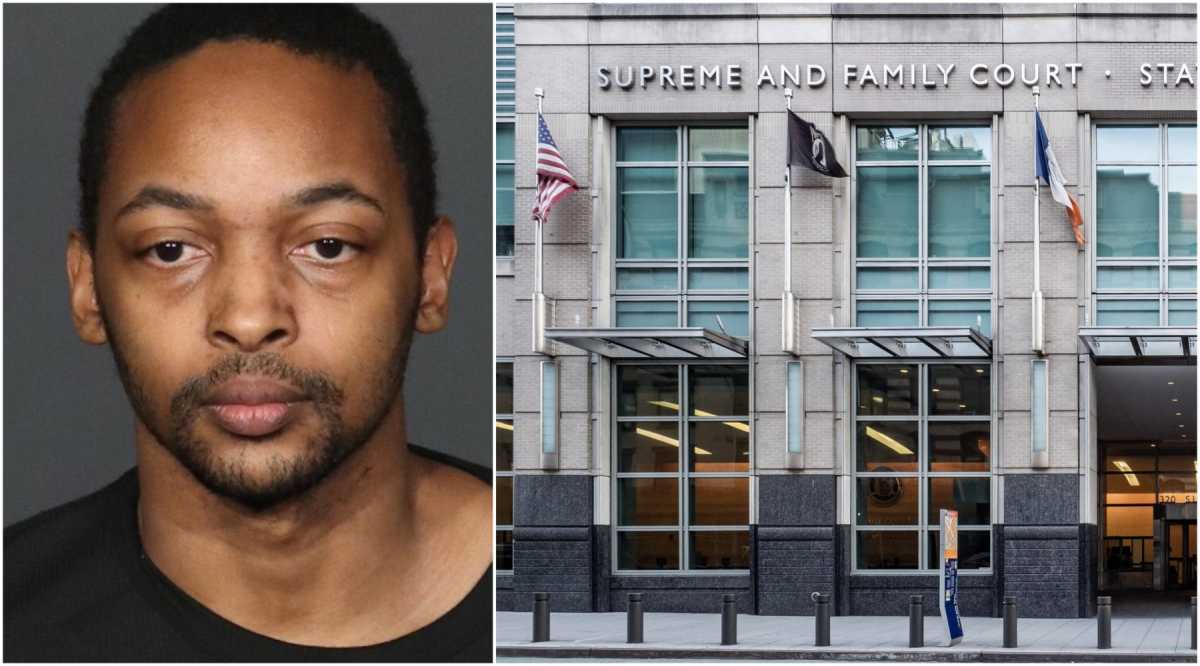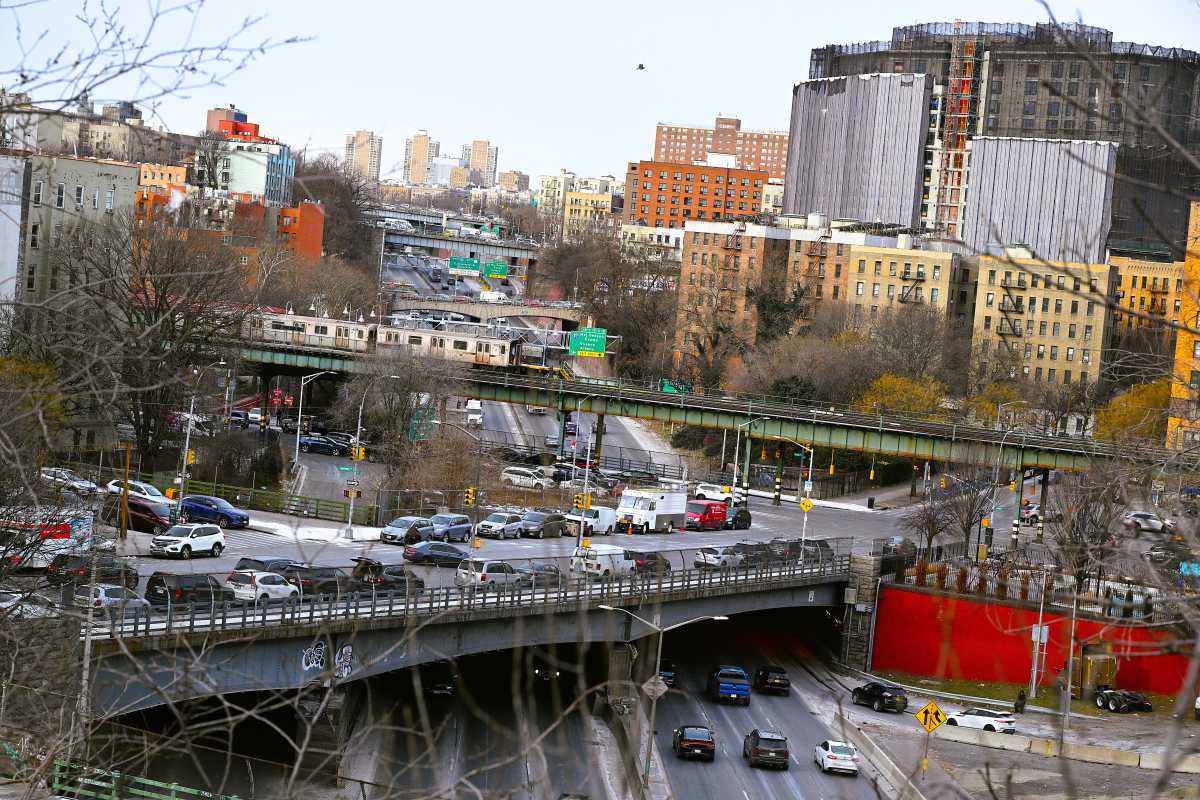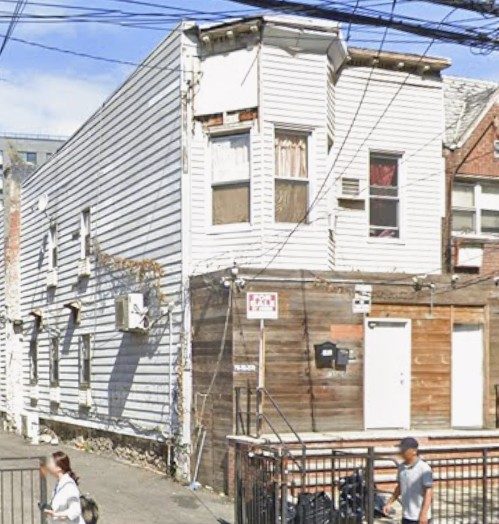More of the city’s restaurants have been bringing their "A" game in the last few years, as the number of closures due to health code violations has dropped significantly since the letter grading system was put on the menu in 2010.
As of Monday, the city’s health department temporarily shut down 1,133 eateries this year due to violations, 21 fewer than last year and 571 fewer than in 2011. The health department inspected 314 more restaurants in 2013 than in 2012, lowering the closure rate from 4.77% to 4.62% over the year.
Daniel Kass, the deputy commissioner for environmental health, credited increased understanding and compliance with the restaurant inspection grading system as the driving force behind the trend, which he said helps eateries and foodies alike. "A diner can feel confident that the restaurant is practicing good food hygiene," he said.
Of the nearly 25,000 restaurants that the health department inspected in the 2013 fiscal year, 86% received an A grade, compared with 81 since letter grading began in 2010. The same percentage of restaurants received the letter grade last fiscal year, and the numbers of B and C grades have gone down 4% and 1% respectively.
Kass said more owners are becoming aware of the rules and are seeking help from the health department to make sure they pass the two inspections each restaurant must undergo before getting a final grade."They do checks every day, they talk to their staff about the importance of hand washing, glove use hygiene, food preparation," the commissioner said.
Some New Yorkers said a restaurant grade plays a big role in their decision when looking for a bite.
Scott Berstell, 26, who recently moved to Windsor Terrace, said he is cautious about his dining choices.
"If I go to a ‘B’ place, it’s because it is a spot I kind of love, so the letter doesn’t bother me. I’ve only been here for four months. so I haven’t really seen a ‘C’ place before," he said.
Andrew Moesel, a spokesman for the New York Restaurant Association, said more owners are now looking over their shoulders more often in fear that they will be fined due for smaller problems.
Moesel said the costs of those fines, ranging from $200 to $2,000, are high, and they are hard to appeal, creating a financial burden for some owners.
